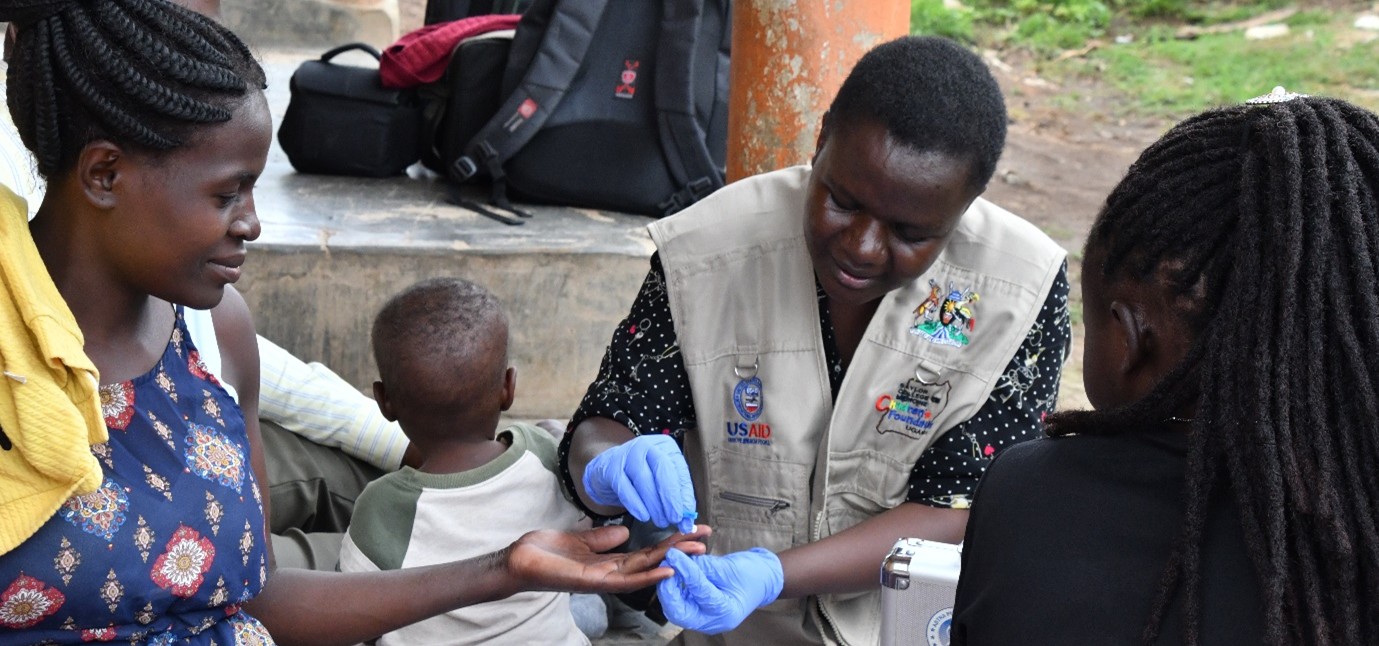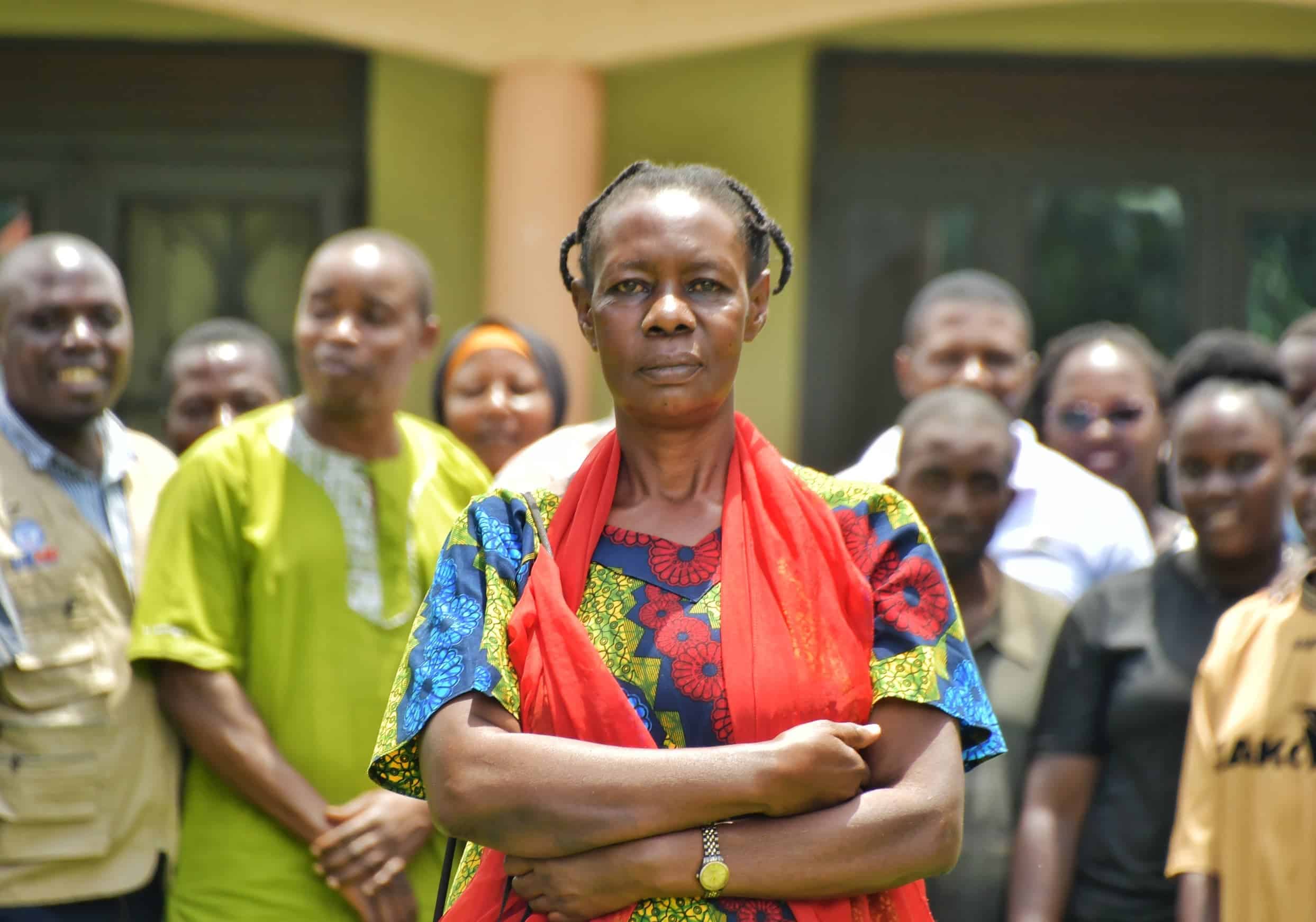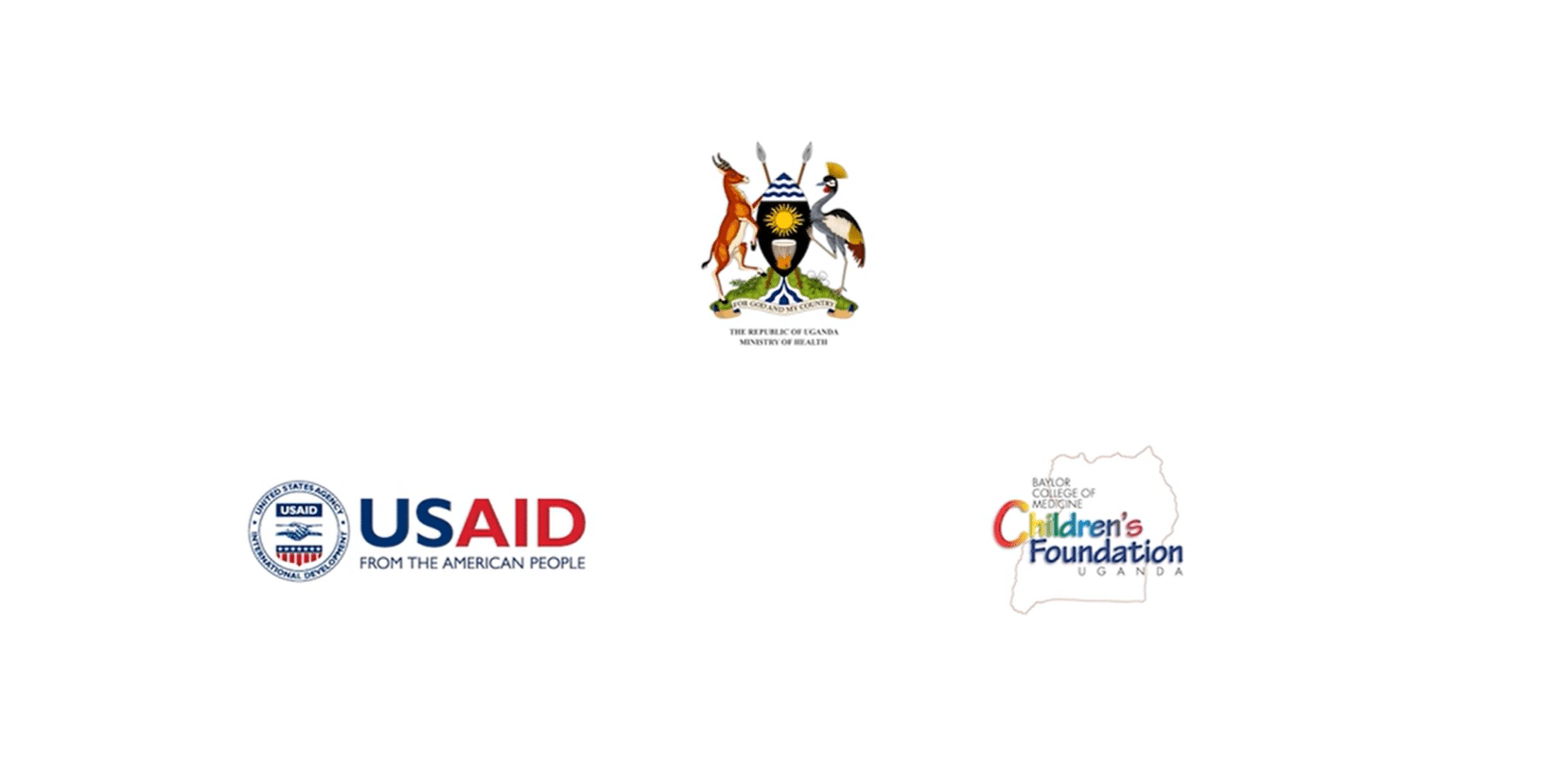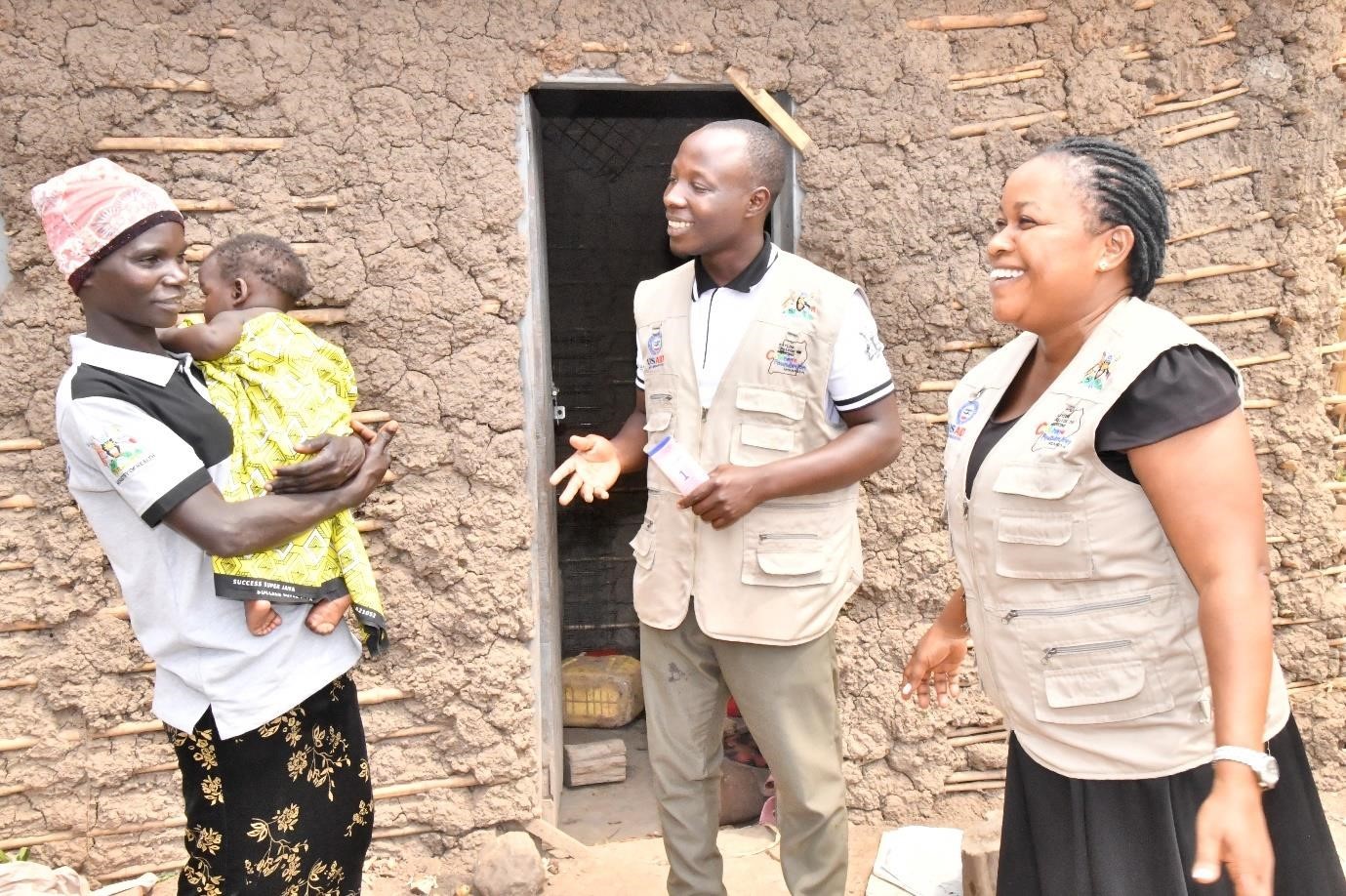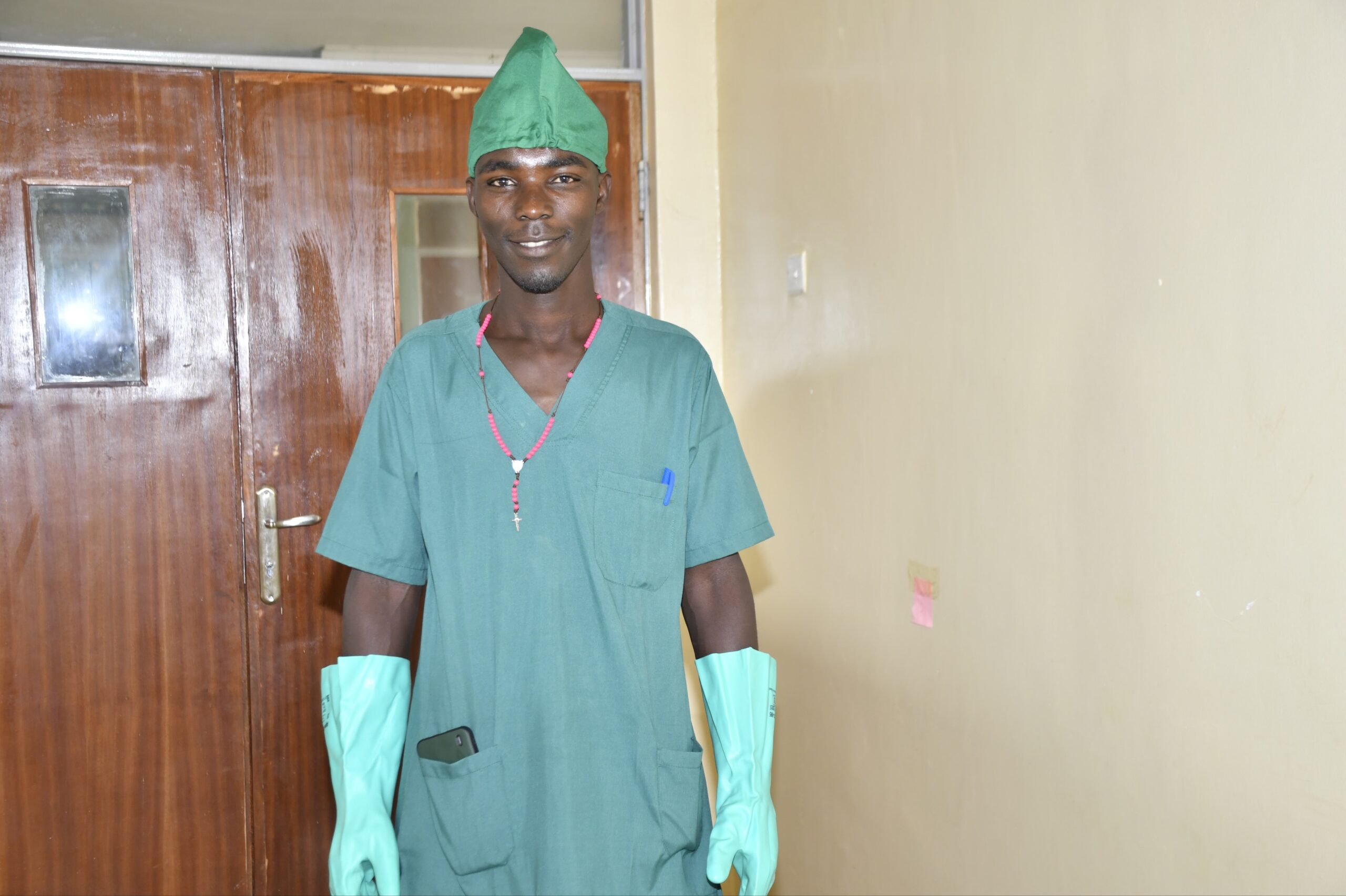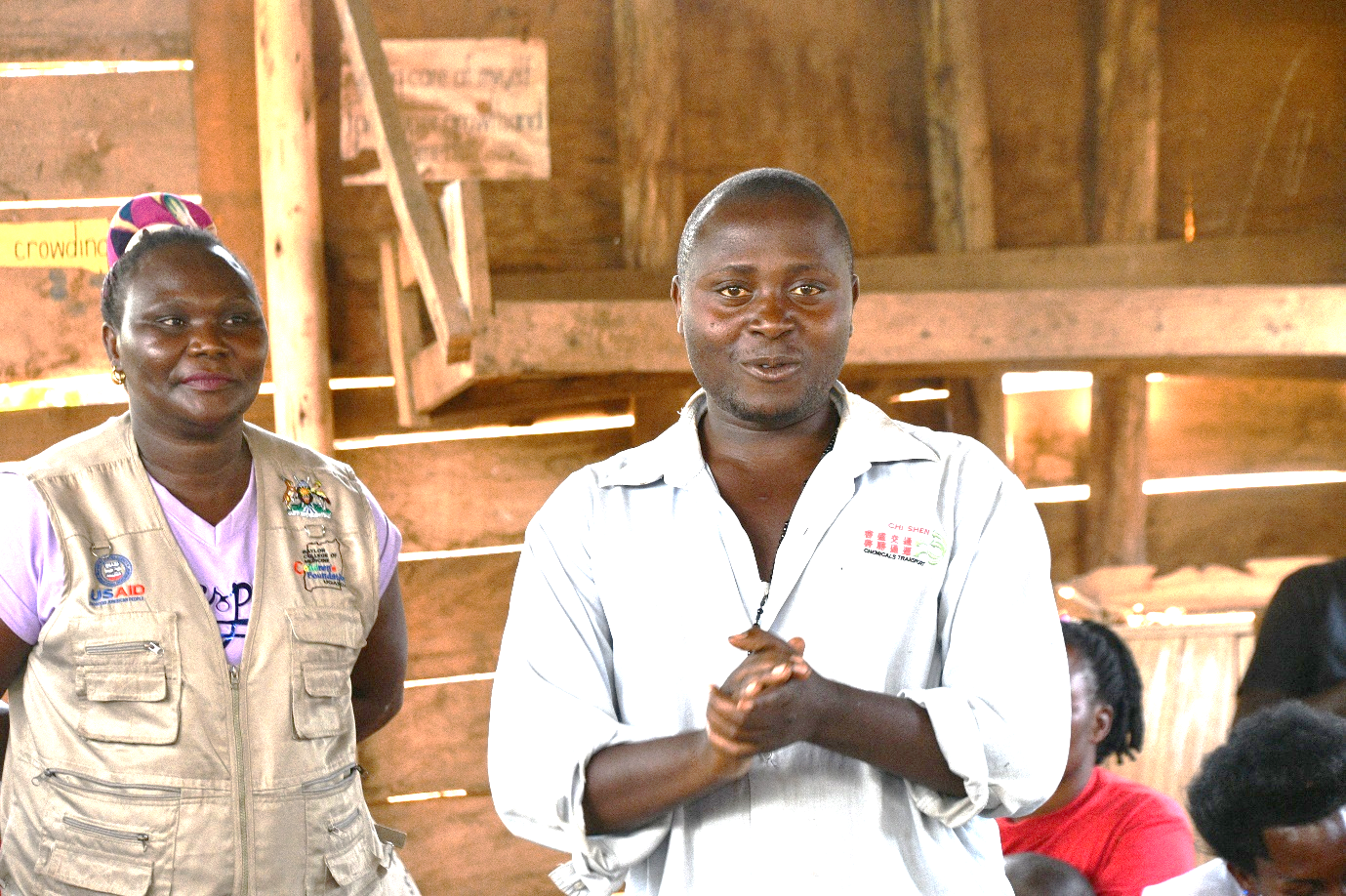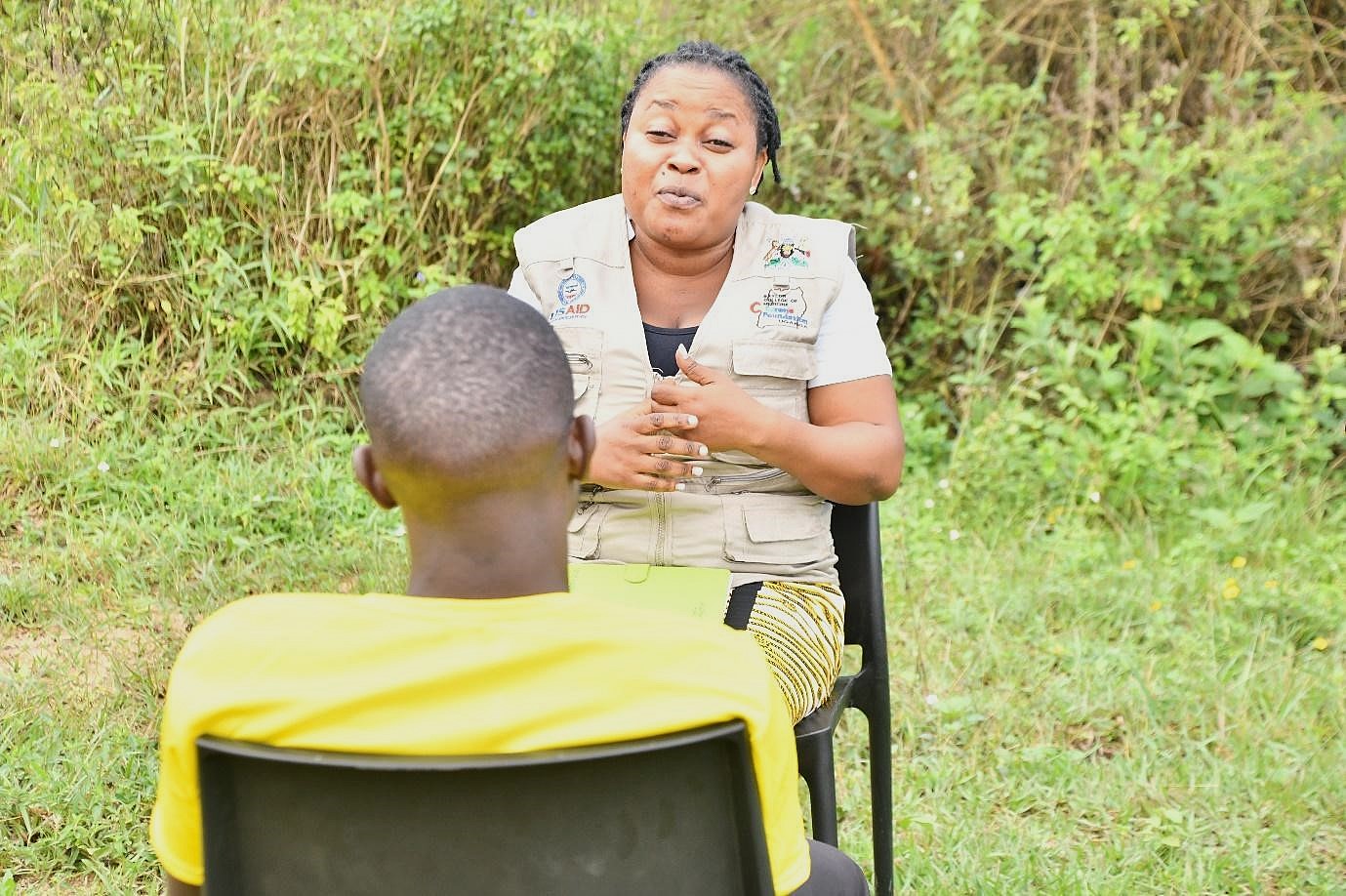Namutebi Angel, 25, gave birth at Mubende Regional Referral Hospital. The following day on September 20, 2023, the Ministry of Health declared an outbreak of the Sudan Ebola virus disease in Mubende district. Unbeknownst to Angel after she was discharged from the hospital, she was already in the middle of the storm.
“It all started when my sister who was my caretaker at the hospital started experiencing general body weakness, but we ignored it because my brother had lost his child.” Everyone, including Angel, her sister and three other people who travelled in the taxi to go for the burial eventually developed symptoms of fever, vomiting and diarrhoea and were admitted at Mubende RRH with Ebola. “Out of five relatives that fell sick, we lost two people but several of our neighbours also did not make it.”
Mary was motivated when she learnt that her child was with a caretaker. The caretaker was a survivor who was willing to feed him with Ready-to-Use Infant Formula (RUIF), a breast milk substitute in liquid form. Angel followed every medical instruction. She also started to encourage her family members and other survivors to drink and take their medication, ‘drinking has helped me; our loved ones have gone. We shall grieve when we return. We need to get out of here’ she kept telling them.
When Angel and her relatives were finally discharged from hospital, the National Ebola Survivors’ Program conducted community dialogues to relay the community’s fear that they were contagious. The program team also educated them about health issues related to Ebola. As a result, the community welcomed them back and provided them food that enabled them to pull through the lockdown period. The program also continued to supply her baby and 12 others with RUIF and has monitored the viral persistence in the mothers’ breastmilk until it cleared.
Two months ago, Angel was evacuated and admitted in an isolation unit established by the program to facilitate safe delivery for four survivor pregnant women. “I have never been in a place where I have received a lot of care,” says Angel in reference to the pre and post-labour care received. Specimens obtained from breast milk, first meconium, the placenta and amniotic fluid for Angel and three other mothers have tested negative for EVD. They are all breastfeeding their infants. The program that is supported by United States Agency for International Development (USAID) is providing her with psychosocial reviews and treatment for persistent fevers, eye and ear problems, back, stomach and body aches. The program also continues to monitor 87 survivors to prevent a resurgence of Ebola from the previous outbreak through any form of transmission.
